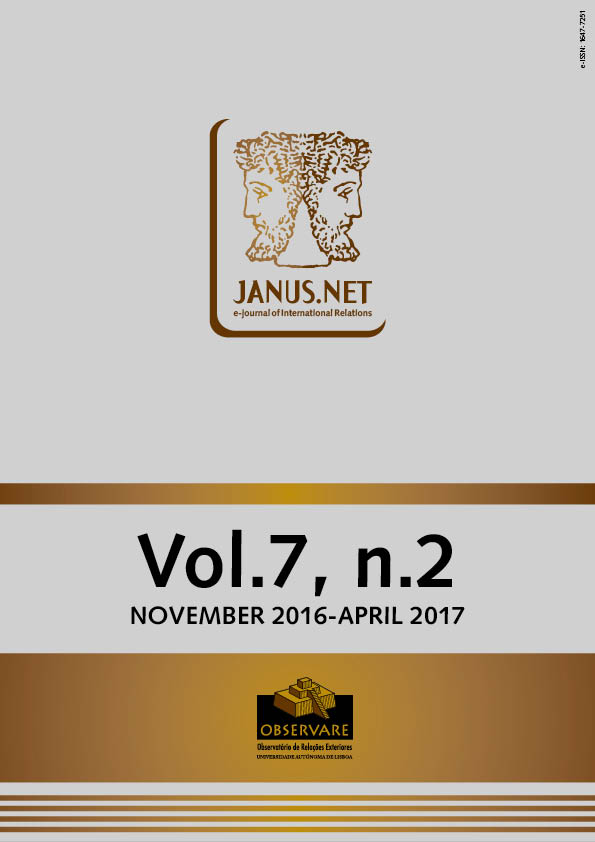The debate between realism and idealism continues to mark the discipline of International Relations. On the one hand, realism argues that international politics is a struggle for power and a quest for survival, which results in a condition of permanent conflict between States without any possibility of evolution or progress. On the other hand, idealism considers it possible to build a world of peaceful coexistence, prosperity and well-being, achieved through cooperation and based on values and aspirations shared by humans. The object of this article is to analyse the debate between idealism and realism, considering it as an ontological debate and taking into account the controversy it has generated. The argument presented here is that both realism and idealism are two responses to the creation and maintenance of international order, that is, how States relate in international society; however these responses are not mutually exclusive and can coexist in constant tension with one another. An analysis of internationalist thought of two authors, Hans Morgenthau and Raymond Aron, is also presented, which relates to how they are positioned in this debate as well as International Relations as a whole.
THE LIMITS OF FORGIVENESS IN INTERNATIONAL RELATIONS: GROUPS SUPPORTING THE YASUKUNI SHRINE IN JAPAN AND POLITICAL TENSIONS IN EAST ASIA
Research Professor at the Faculty of Social Sciences of the University of Salvador (USAL, Argentina) and Visiting Professor of the Department of International Studies at the University T. Di Tella (UTDT). Coordinator of the Research Group on East Asia of the Institute of Social Science Research (IDICSO) of the USAL. Postdoctoral Fellow of the National Council of Scientific and Technical Research (CONICET) of Argentina. Doctor of Social Sciences from the University of Buenos Aires (UBA). Holder of a Master Degree on East Asia, Korea, from Yonsei University. Holder of a Degree in Political Science (UBA).
Holder of a Degree in International Relations from the University of Salvador (USAL). Research Assistant at the Research Group on East Asia of the Institute of Social Science Research (IDICSO) of the USAL (Argentina).
Resumo
Palavras-chave
Como citar este artigo
Álvarez, Maria del Pilar; Lunaklick, María del Mar; Muñoz Tomás (2016). “The limits of the forgiveness in international relations: groups supporting the Yasukuni shrine in Japan and political tensions in East Asia”. JANUS.NET e-journal of International Relations, Vol. 7, Nº. 2, November 2016-April 2017. Consulted [online] on the date of last consultation, http://hdl.handle.net/11144/2782
Article received on 3 March, 2016 and accepted for publication on 10 September, 2016















